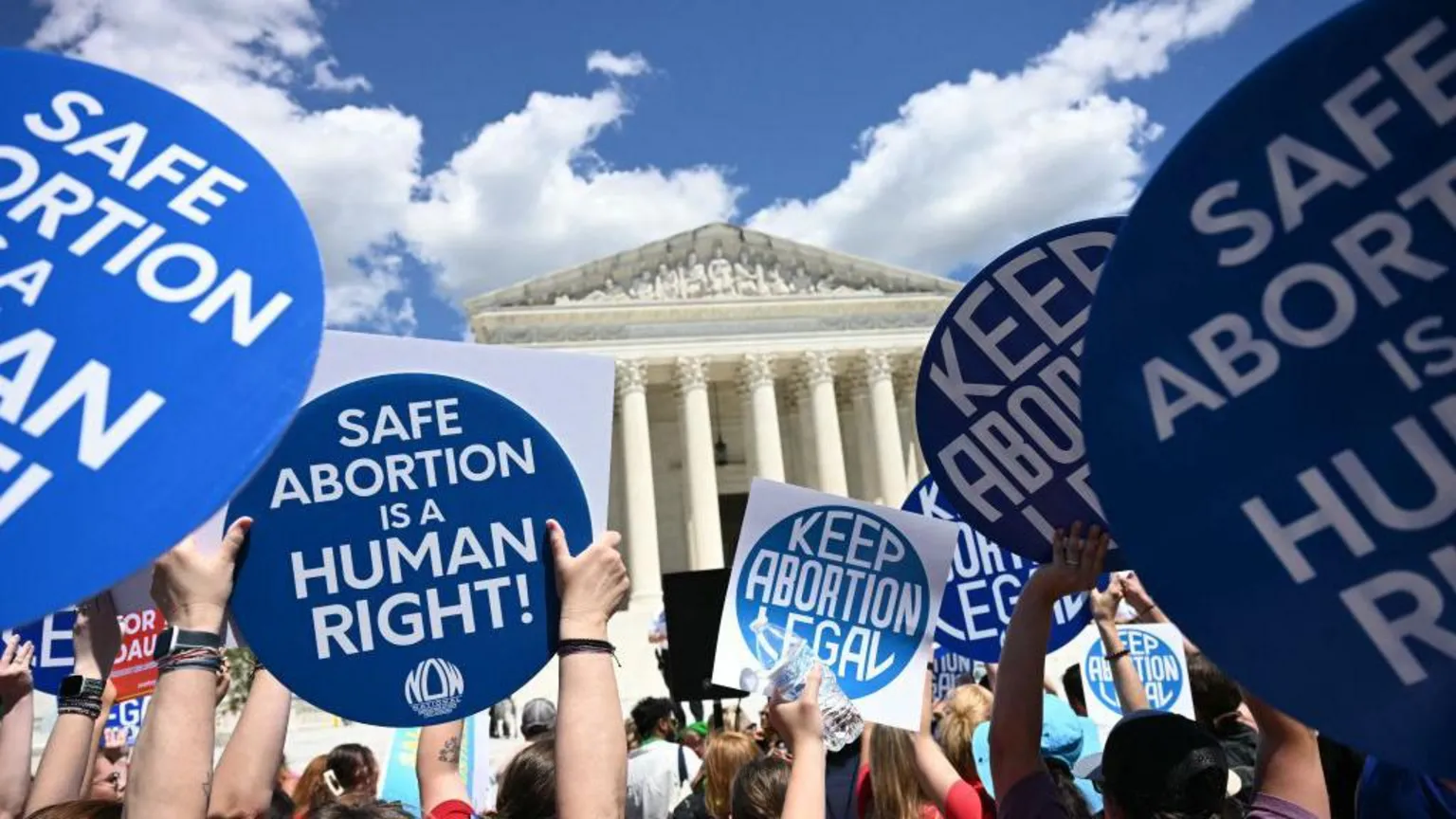
An Israeli airstrike that demolished Iran’s consulate in Syria on Monday killed two Iranian generals and five officers, according to Iranian officials. The strike appeared to signify an escalation of Israel’s targeting of military officials from Iran, which supports militant groups fighting Israel in Gaza, and along its border with Lebanon.
Since the war in Gaza began nearly six months ago, clashes have increased between Israel and Iran-backed Hezbollah militants based in Lebanon. Hamas, which rules Gaza and attacked Israel on Oct. 7, is also backed by Iran.
Israel, which rarely acknowledges strikes against Iranian targets, said it had no comment on the latest attack in Syria, although a military spokesman blamed Iran for a drone attack early Monday against a naval base in southern Israel.
Israel has grown increasingly impatient with the daily exchanges of fire with Hezbollah, which have escalated in recent days, and warned of the possibility of a full-fledged war. Iranian-backed Houthi rebels in Yemen have also been launching long-range missiles toward Israel, including on Monday.
Get top local stories in San Diego delivered to you every morning. Sign up for NBC San Diego's News Headlines newsletter.
The airstrike in Syria killed Gen. Mohammad Reza Zahedi, who led the elite Quds Force in Lebanon and Syria until 2016, according to Iran's Revolutionary Guard. It also killed Zahedi's deputy, Gen Mohammad Hadi Hajriahimi, and five other officers.
A member of Hezbollah, Hussein Youssef, also was killed in the attack, a spokesperson for the militant group told The Associated Press. The spokesperson spoke on condition of anonymity in line with group's rules; Hezbollah has not publicly announced the death.
The Syrian Observatory for Human Rights, which is based in Britain, said two Syrians were killed in that attack.
U.S. & World
Two police officers who guarded the consulate were among those wounded, and first responders were still searching for bodies under the rubble.
While Iran's consular building was leveled in the attack, according to Syria's state news agency, its main embassy building remained intact. Still, the Iranian ambassador's residence was inside the consular building.
Iran's ambassador, Hossein Akbari, vowed revenge for the strike “at the same magnitude and harshness.”
Hamas and Islamic Jihad — another Palestinian militant group backed by Iran — accused Israel of seeking to widen the conflict in Gaza.
Experts said there was no doubt that Iran would retaliate. The strike in Syria was a “major escalation,” Charles Lister, a Syria expert at the Middle East Institute in Washington, said on the social media platform X.
A spokesman for Iran's foreign ministry, Nasser Kanaani, called on other countries to condemn the strike.
Israel has carried out scores of Iranian-linked targets in Syria over the years, many of them believed to be aimed at disrupting arms transfers and other cooperation with Hezbollah. which has sent thousands of fighters to support Syrian President Bashar Assad’s forces.
An Israeli airstrike in a Damascus neighborhood in December killed a longtime Iranian Revolutionary Guard adviser to Syria, Seyed Razi Mousavi.
A similar strike on a building in Damascus in January killed at least five Iranian advisers. Last week, an Iranian adviser was killed in airstrikes over the eastern Syrian province of Deir el-Zour, near the Iraqi border.
The chief spokesman for Israel’s army, Rear Adm. Daniel Hagari, said a Monday drone attack on a naval base in southern Israel was “directed by Iran” and caused no injuries.
Early on Tuesday, the Israeli military said some kind of weapon fired from Syria toward Israel crashed before reaching its intended target.



